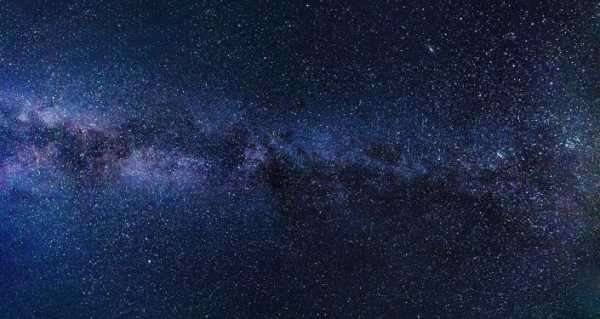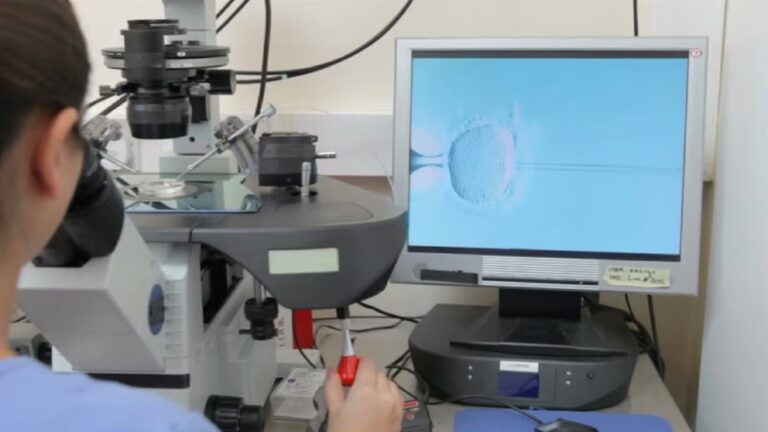
Although additional observations are needed to confirm recent findings by researchers, the discovery, if verified, could prove to be the very first recorded instance of a radio emission detected from a planet outside of our solar system.
A group of astronomers recently published a study in the journal Astronomy & Astrophysics that detailed recordings of radio bursts emanating from a distant exoplanet situated toward the constellation Boötes.
The potentially groundbreaking discovery, led by researchers from Cornell University, Paris Sciences et Lettres University and the Université d’Orléans, was made through the use of the Low Frequency Array, a large radio telescope network located in the Netherlands.
According to the group, the research initially began through observations conducted on Jupiter, as officials worked to better understand the connection between radio signals and a planet’s magnetic field.
After scouring nearly 100 hours of radio observations, the team observed radio emissions from exoplanets orbitgin stars toward the constellations of Cancer, Boötes and the Upsilon Andromedae systems; however, it was ultimately Boötes that proved to be the most intriguing for astronomers.
Turner explained in his statement that a planet’s magnetic field allows astronomers to get a better idea of the planet’s interior and atmospheric properties, noting that Earth’s magnetic field functions as a shield from the solar wind, allowing it to be habitable.
“We present one of the first hints of detecting an exoplanet in the radio realm,” Turner said of his team’s research. “We make the case for an emission by the planet itself. From the strength and polarization of the radio signal and the planet’s magnetic field, it is compatible with theoretical predictions.”
As the signal is also considered weak, the group notes in their findings that there is a possibility that the emission may have come from elsewhere. Turner and company are now undertaking a campaign to use multiple radio telescopes to follow up on the detected signal.
Sourse: sputniknews.com






